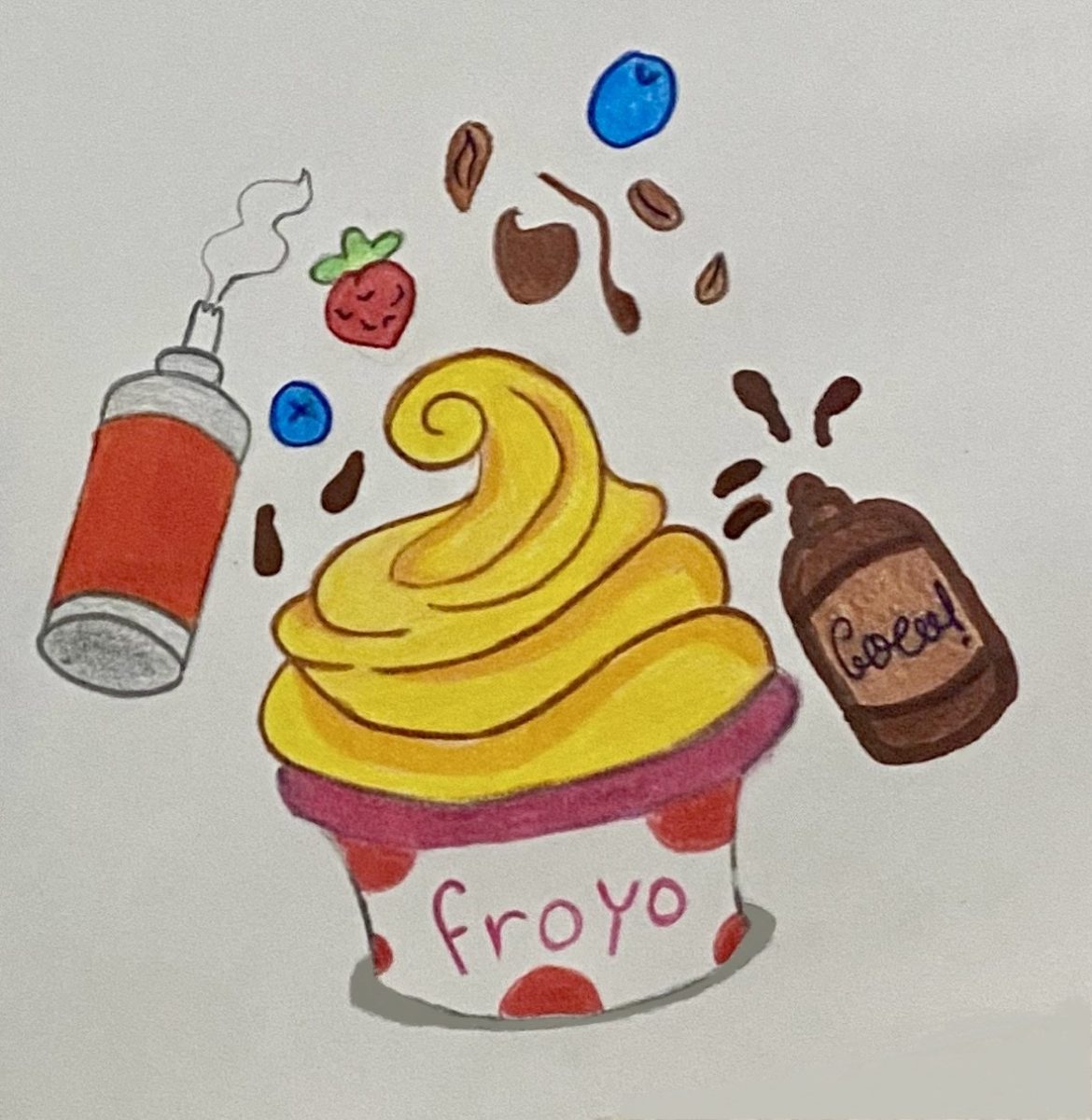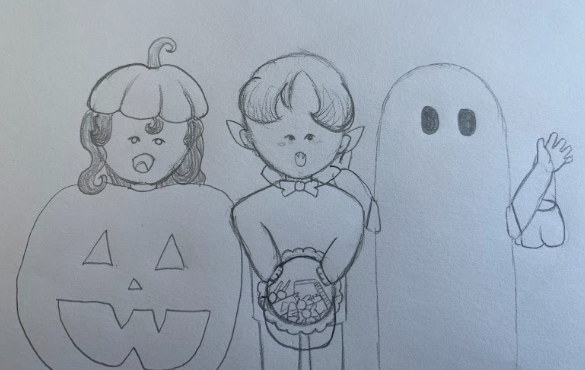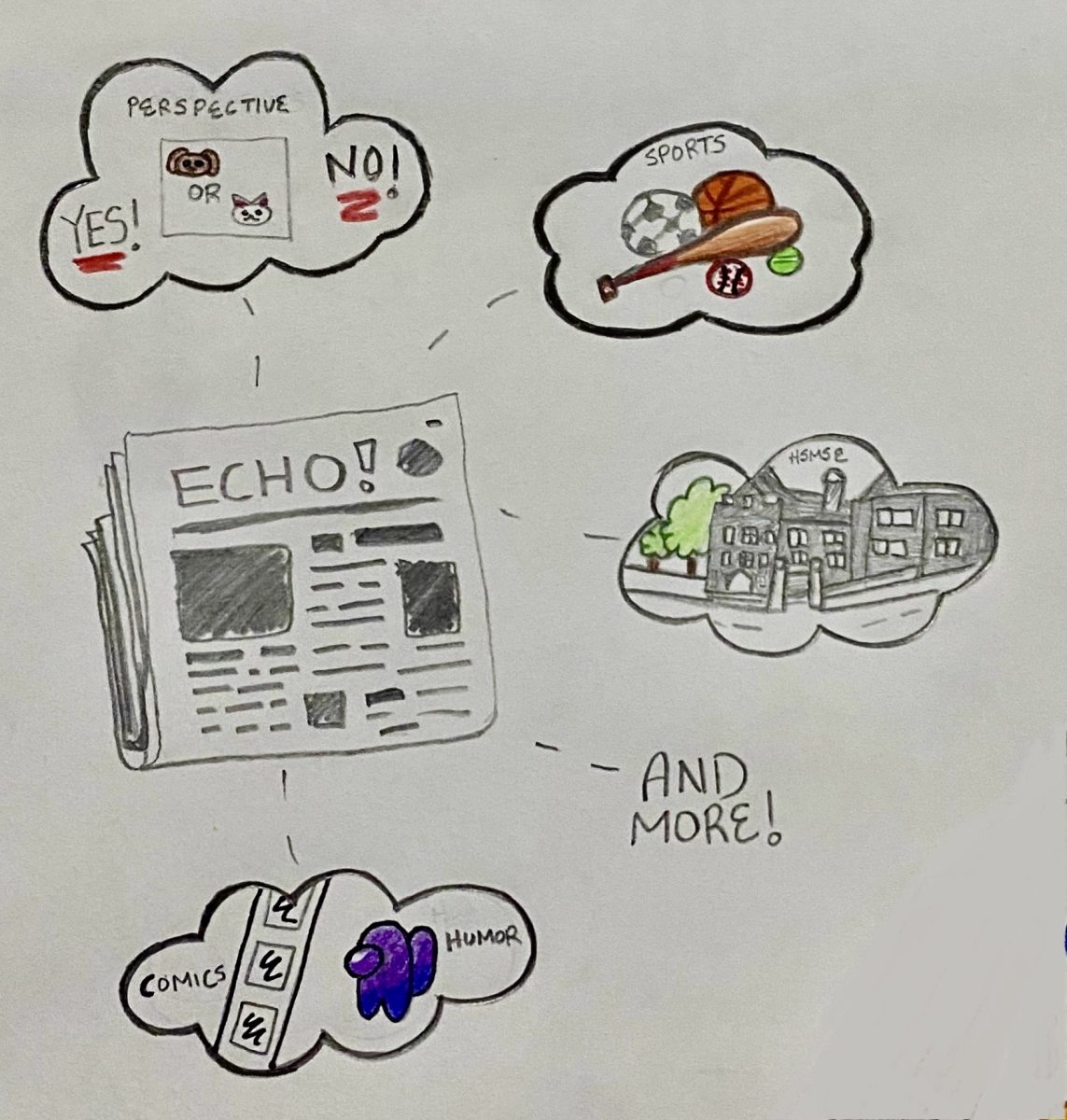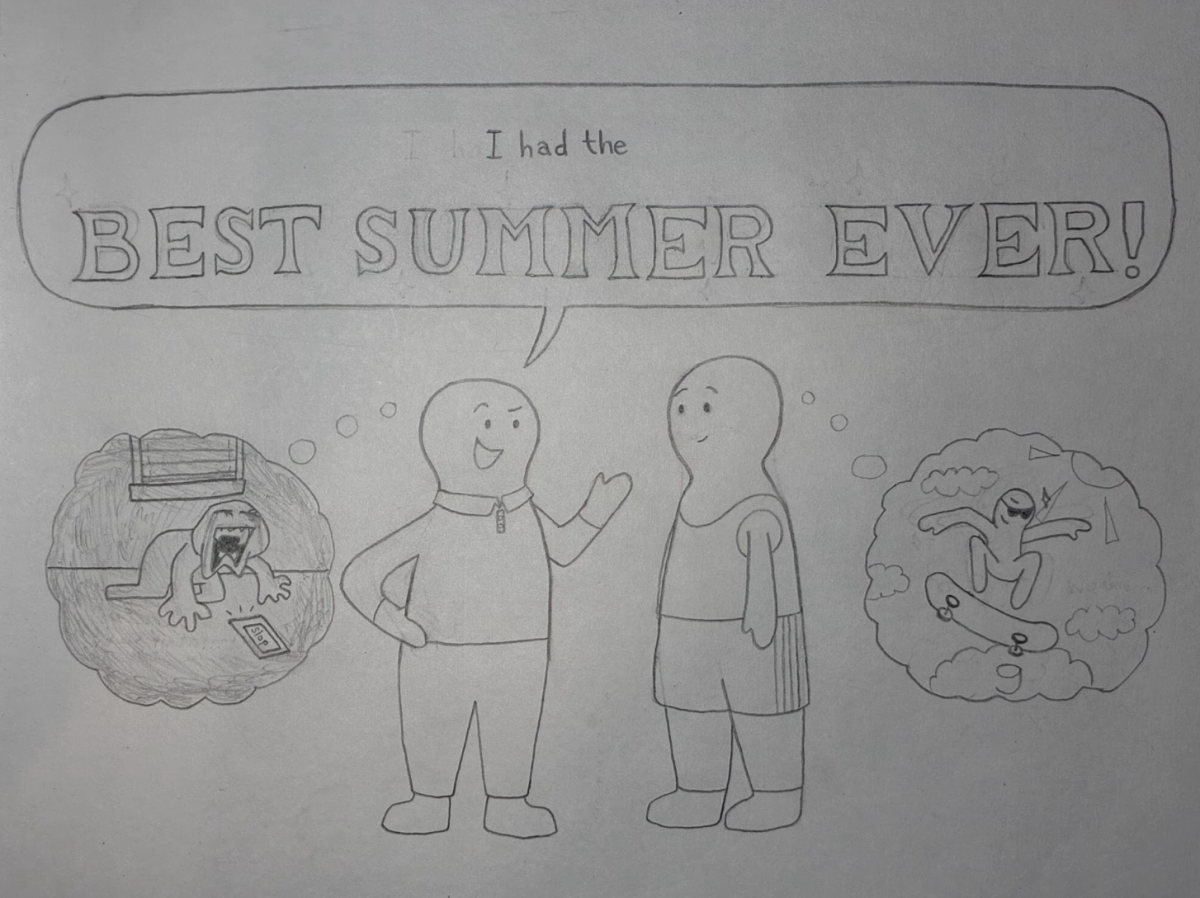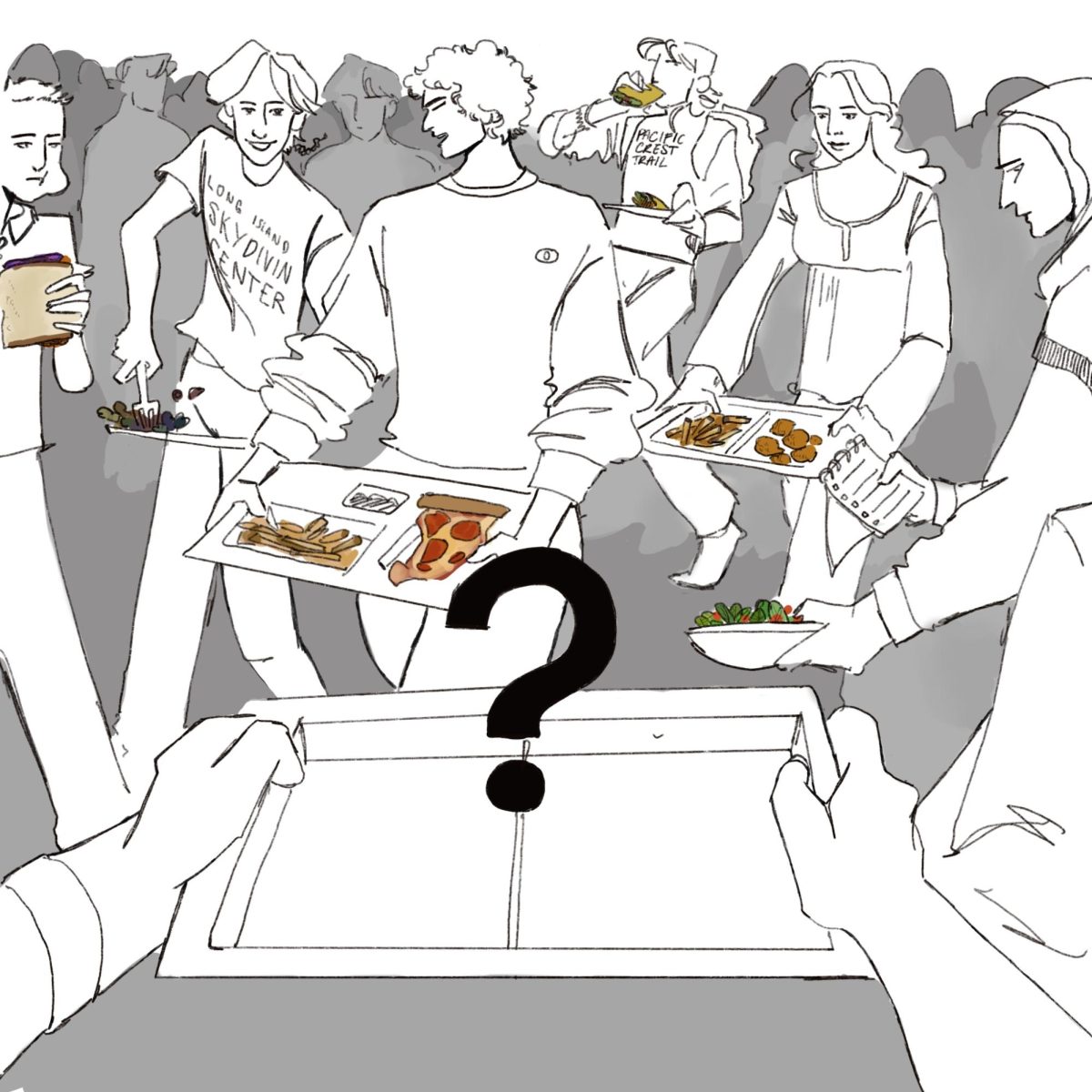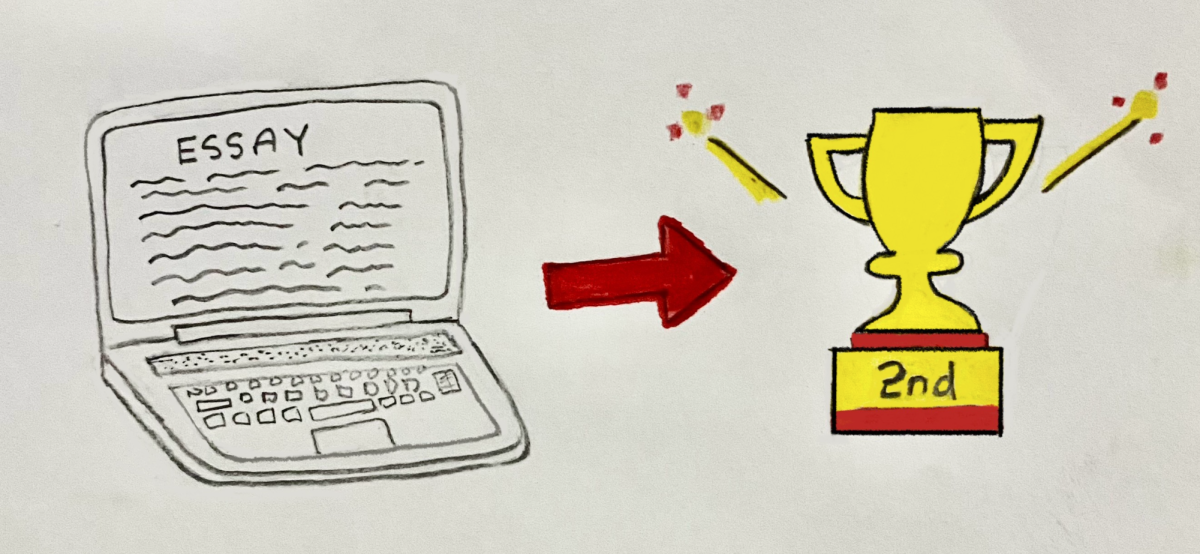“‘When you give a crazed, crying lowlife a break, and give her a job at the White House, I guess it just didn’t work out,’ Trump wrote. ‘Good work by General Kelly for quickly firing that dog!’” NBC writes in an article about Former President Donald Trump firing his former aide, Manigault Newman. This wouldn’t have been the first time Trump used “dog” as an insult. When I read this article, I added this form of name-calling to a list of things I disagree with Trump about. See, I think calling someone a dog is a compliment, I think we should all be a little more like dogs. From my close observations of my own dog, I’ve noticed that dogs lead their lives based on three moral principles.
Principle One: Live in the Present. When I get a low score on a test or have an interaction with a friend that I regret, I’ll dwell on it for days, sometimes weeks. That feeling of guilt, regret, sadness, whatever it may be, completely overtakes my mind. It becomes a part of my subconscious thinking. In essence, I have trouble letting go of events from the past. I’m not the only person who holds onto things and whose psyche becomes centered around interactions that, at the end of the day, really don’t matter. My dog, however, will be so upset that my family and I went out for a walk without her, but the second we get back she’ll forget and go right back to kissing and jumping on us. Now some may say that dogs just have a worse memory than humans, and while that may be true, I think our inability to forget is a major human flaw. Daniel Fox, acclaimed dog lover and junior at HSMSE, carries around a book titled, Very Important Stuff My Dog Has Taught Me. Naturally, I asked Mr. Fox what his favorite quote from this book was. He said, “Every meal is the best meal.” This quote perfectly summarizes the point that dogs live permanently in the present. They don’t bother to compare, they don’t mull on better times, or what’s in the future: they accept and enjoy everything for what it is.
Principle Two: Gratitude. Nothing, and I mean nothing, is easier than making a dog happy. All it takes is a pet, a walk, a treat, or a hug. Anything. Dogs will be forever grateful to you if you simply feed them. Are you forever grateful to your parents for feeding you daily, and do you remind them of that gratitude every time you see them? I don’t mean to shame you, or anyone else, it’s just another deep-rooted human flaw—your lack of permanent gratitude. Dogs live in a state of thankfulness—they feel blessed just to spend time with you, curled up by your feet, walking around, playing with a toy—everything and anything will make a puppy happy.
Principle Three: Empathy. I believe empathy is the most important trait for a human to have. To truly be an empath is a skill few humans have managed. Dogs, however, are full of empathy. They can sense when their owners are sad or sick and immediately want to help. National Geographic claims that dogs have the ability to “catch their owners’ emotions.” Dogs feel for you, they will live and work through emotions with you, and do their best to support you through whatever you’re going through.
When asked if dogs had admirable qualities that humans could learn from, Mr. Fox eloquently responded, “Every dog and every human is different, but there are qualities everybody should follow.” Daniel expanded on this point by harnessing his AP Environmental Science knowledge (thank you, Mr. Tirado); he explained how in nature there are symbiotic (mutually beneficial) relationships between organisms. He identified humans and dogs as one such relationship. Dogs receive food and shelter and, in exchange, humans get love and empathy. Daniel highlighted that this relationship should also be a point of education and that both creatures should learn from each other.
My advice for you is to ignore Trump and embrace your inner dog. Live in the present, be grateful, try your best to be empathetic, and show love to those around you. We should all learn lessons from puppies; after all, a puppy makes a human a better person.
